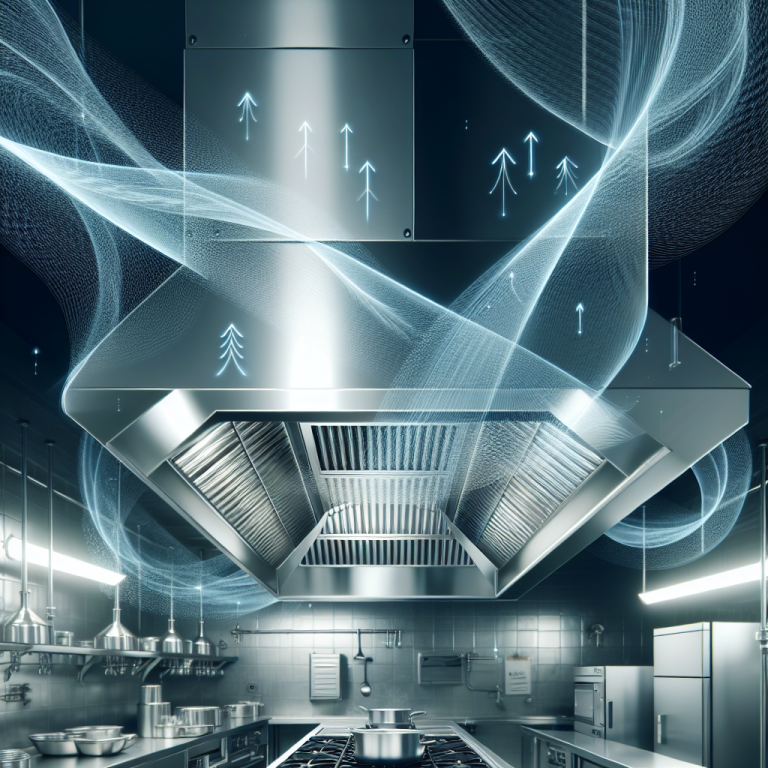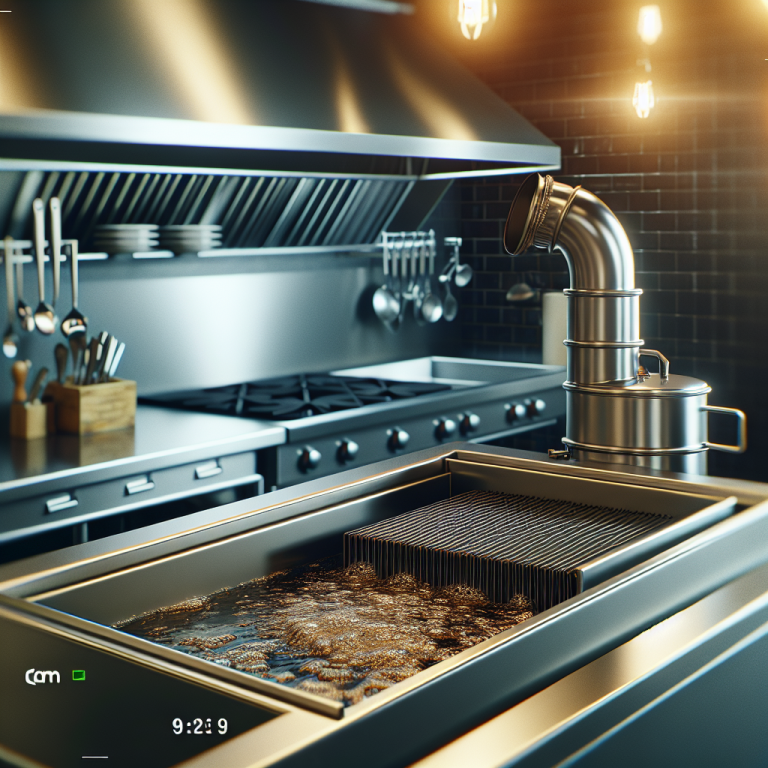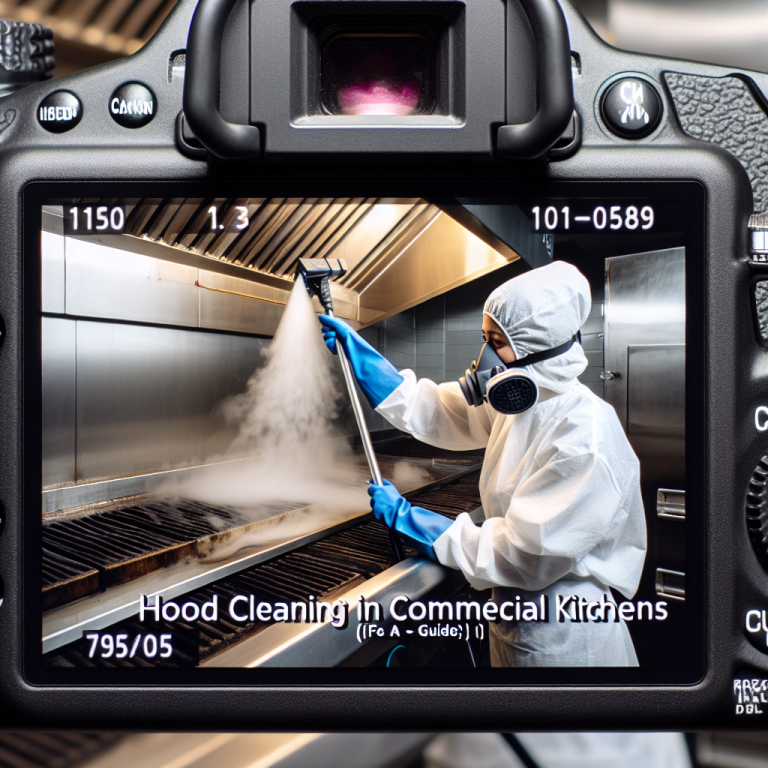Efficient Hood Cleaning Strategies for Food Truck Success
Hood Cleaning on the Move: Tips for Food Truck Operators
If you’re operating a food truck in Phoenix, you already know that the thrilling world of mobile dining comes with its unique set of challenges. Among these challenges, hood cleaning is a critical aspect to ensure your food truck runs safely and efficiently. This article explores the special hood cleaning needs of food trucks, offering practical advice and insights to keep your mobile kitchen spotless and compliant. Whether you’re a newbie or a seasoned operator, these tips are essential for anyone in the food truck industry.
The Importance of Hood Cleaning for Food Trucks
Just like in a stationary restaurant kitchen, the restaurant hood cleaning in a food truck is vital. The hood system functions as a fire safety mechanism, ventilation system, and grease trap – all crucial for maintaining a safe cooking environment. Due to the confined spaces and constant movement, food trucks are at a higher risk for grease buildup, which can lead to fire hazards and health code violations.
Unique Challenges of Food Truck Hood Cleaning
Cleaning the hood of a mobile kitchen is not a simple copy-paste from the process in a brick-and-mortar restaurant. Here are some challenges that food truck operators face:
- Limited Space: The confined space in a food truck can make cleaning difficult and access to all parts of the hood challenging.
- Mobility: With constant movement, vibrations can cause components to loosen and increase wear and tear.
- Frequent Use: Food trucks often operate during long events or shifts, leading to faster grease buildup.
Regular Maintenance Tips
To keep your food truck hood in top condition, regular maintenance is key. Here are some tips you should follow:
- Schedule Regular Cleaning: Based on your usage, set a routine schedule for professional cleaning. This can vary but is generally suggested every three months for regular food trucks.
- Use Quality Cleaning Products: Invest in cleaning solutions designed specifically for commercial kitchen hood cleaning. This ensures better grease removal and longevity of the equipment.
- Inspect the System: Regular inspections can help catch issues early before they become costly repairs. Look for signs of excessive grease, worn parts, and strange noises.
- Train Your Staff: Proper training helps ensure that everyone understands the importance of hood maintenance and knows how to conduct a basic cleaning and inspection.
Cleaning Procedures
While calling in the professionals is an essential part of maintenance, knowing how to perform basic hood cleaning can save you time and money. Here is a simple procedure you can implement:
- Turn Off Power: For safety, ensure all power to the hood and exhaust system is turned off before starting any cleaning.
- Remove Filters: Take out the grease filters and soak them in a degreaser solution. This will help in breaking down accumulated grease.
- Scrub the Hood and Ducts: Using a non-abrasive scrub pad and a recommended cleaning agent, scrub the inner and outer parts of the hood and accessible duct areas.
- Rinse and Dry: Thoroughly rinse with water to remove any cleaning agents and let air-dry before reinserting the filters.
When to Call in the Experts
While routine cleaning and maintenance will help keep your food truck hood in good condition, there are times when professional help is necessary. If you notice persistent greasiness, foul smells, inefficiency in ventilation, or hear unusual noises from the exhaust system, reach out to professionals who specialize in commercial kitchen hood cleaning for assistance.
Compliance and Safety Considerations
Ensuring your hood cleaning is up to standard isn’t just about cleanliness; it’s also about compliance. Non-compliance with health codes can lead to fines and, in severe cases, shuttering of your business. Always stay updated with Phoenix health regulations, which may differ from those in other areas. Document every cleaning process meticulously and retain records to demonstrate your commitment to safety standards.
Conclusion
In the bustling environment of Phoenix, where delicious food trucks dot the cityscape, standing out requires not only culinary expertise but operational excellence. Proper hood cleaning ensures that your business runs safely, smoothly, and remains compliant with local health regulations. Always prioritize regular maintenance, know when to seek professional help, and ensure your staff is trained in the essentials. With these steps, your food truck will not only meet the standards but also surpass customer expectations with every delicious meal served.







